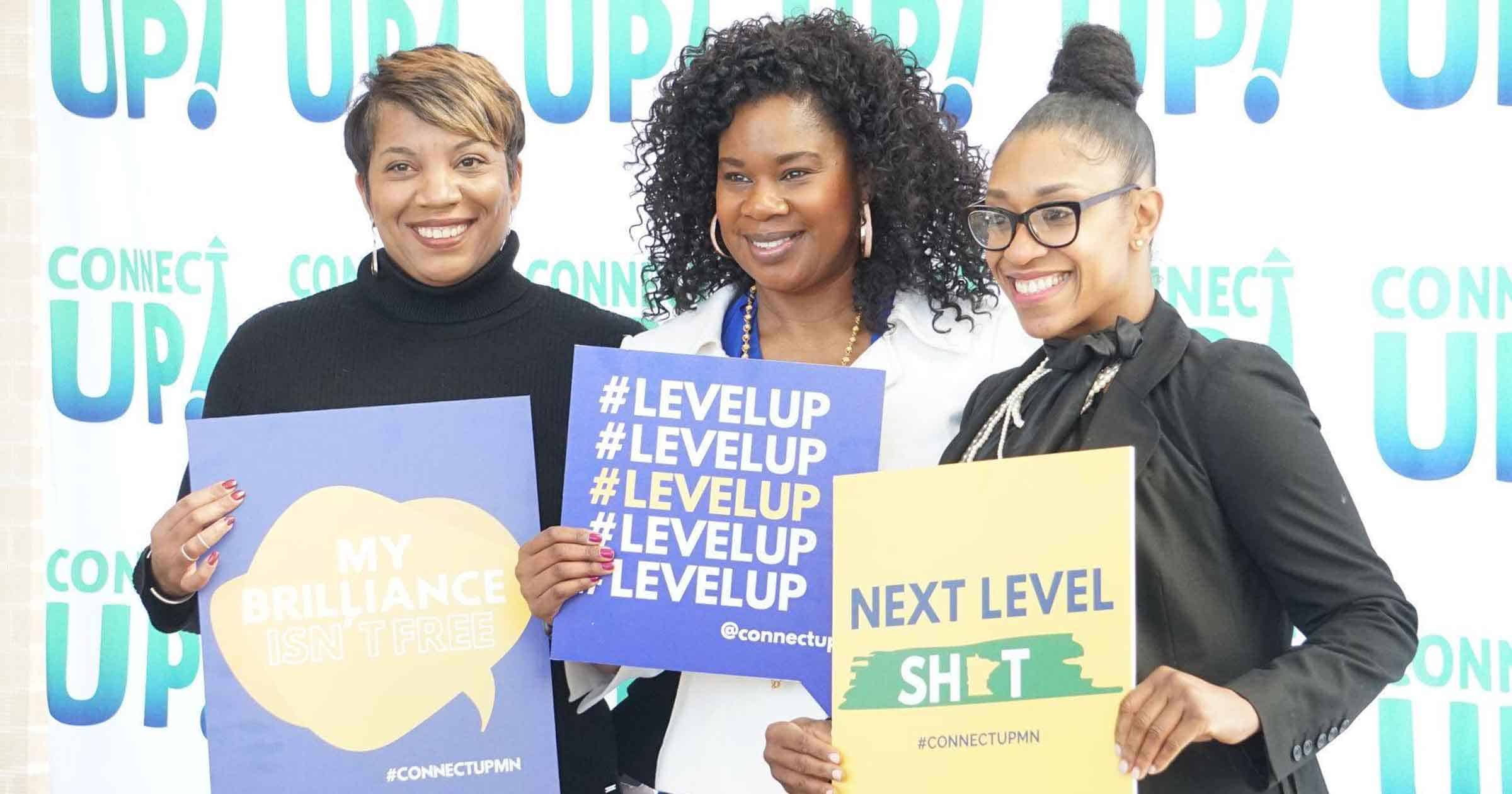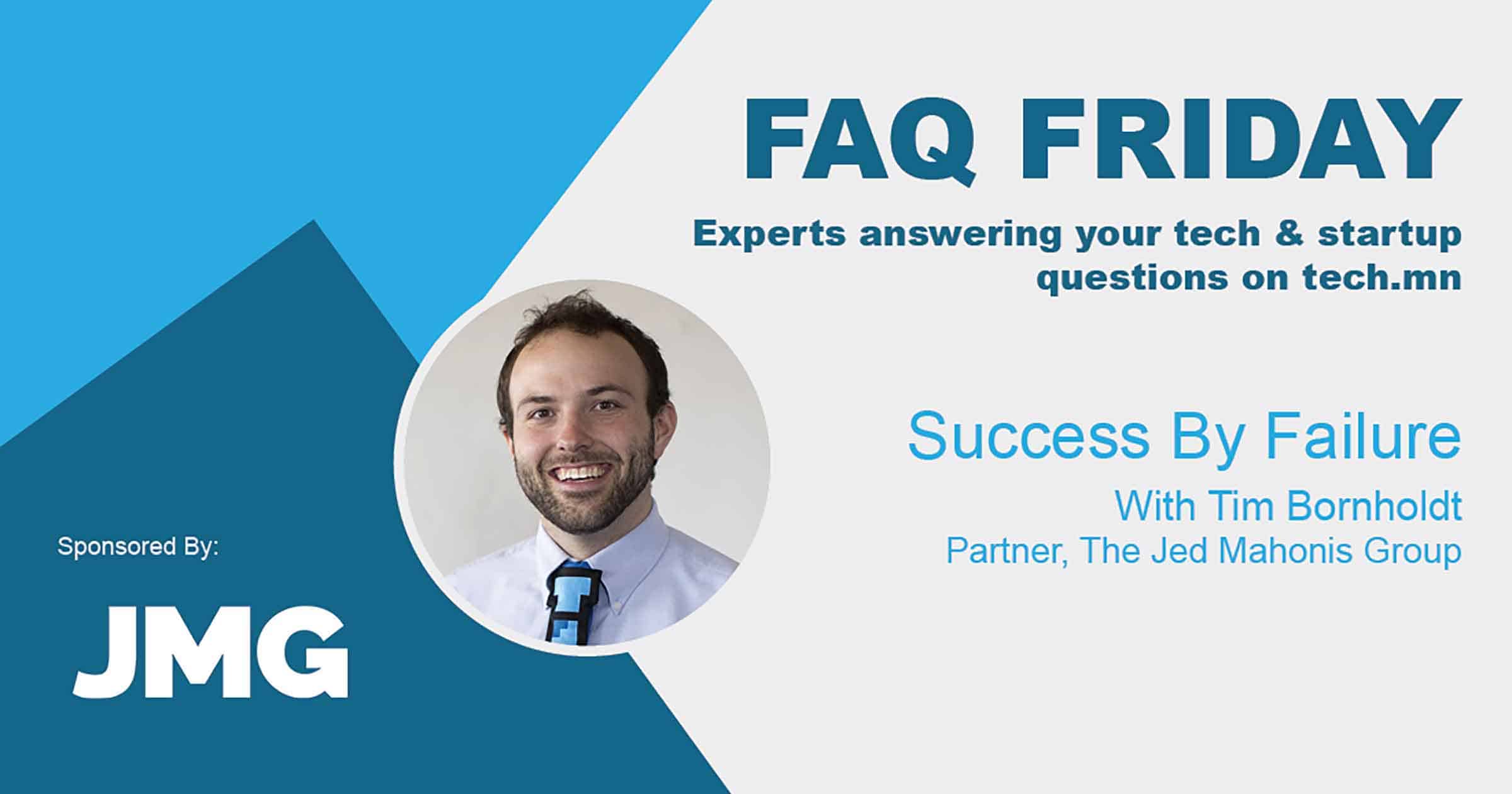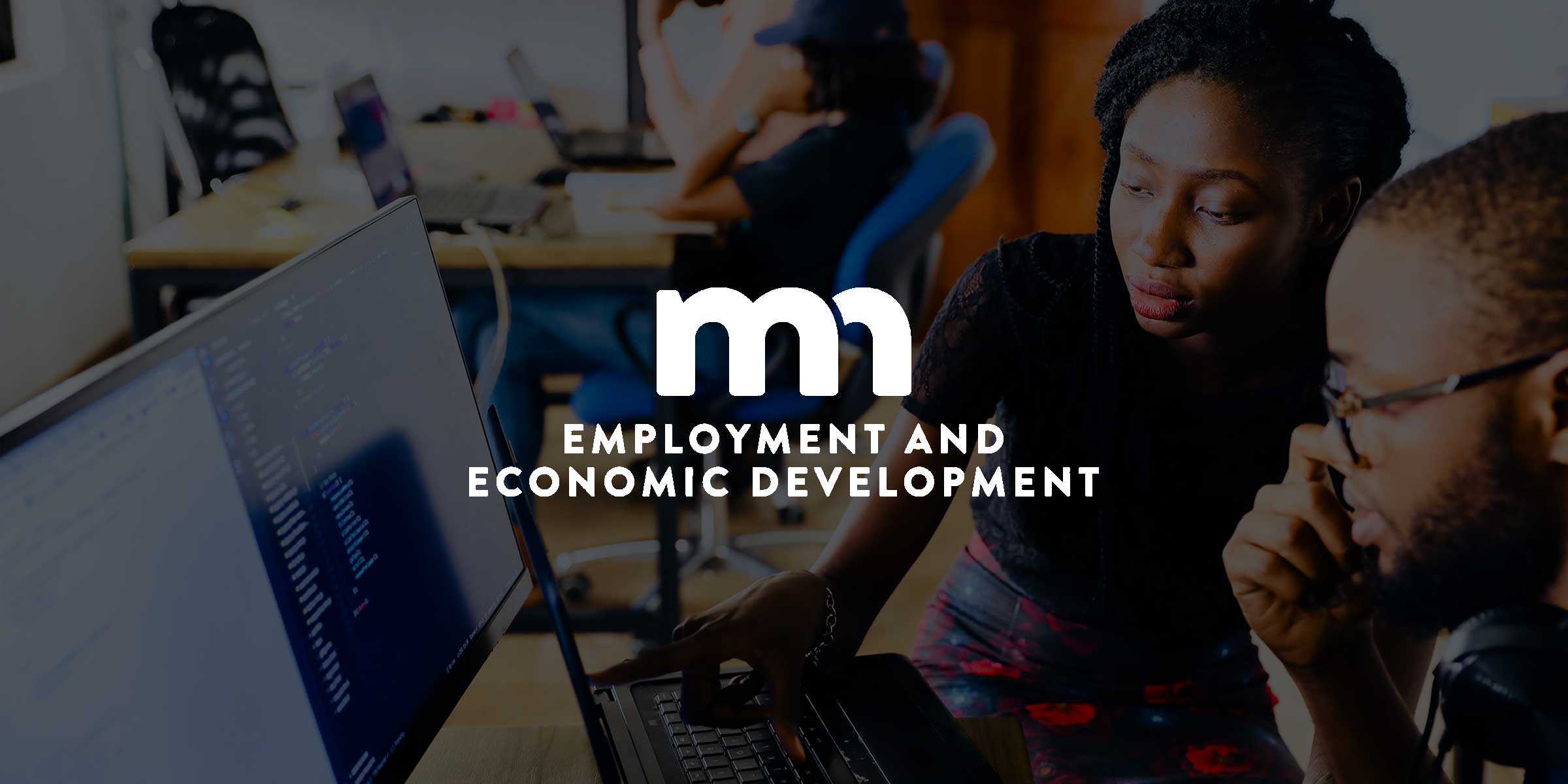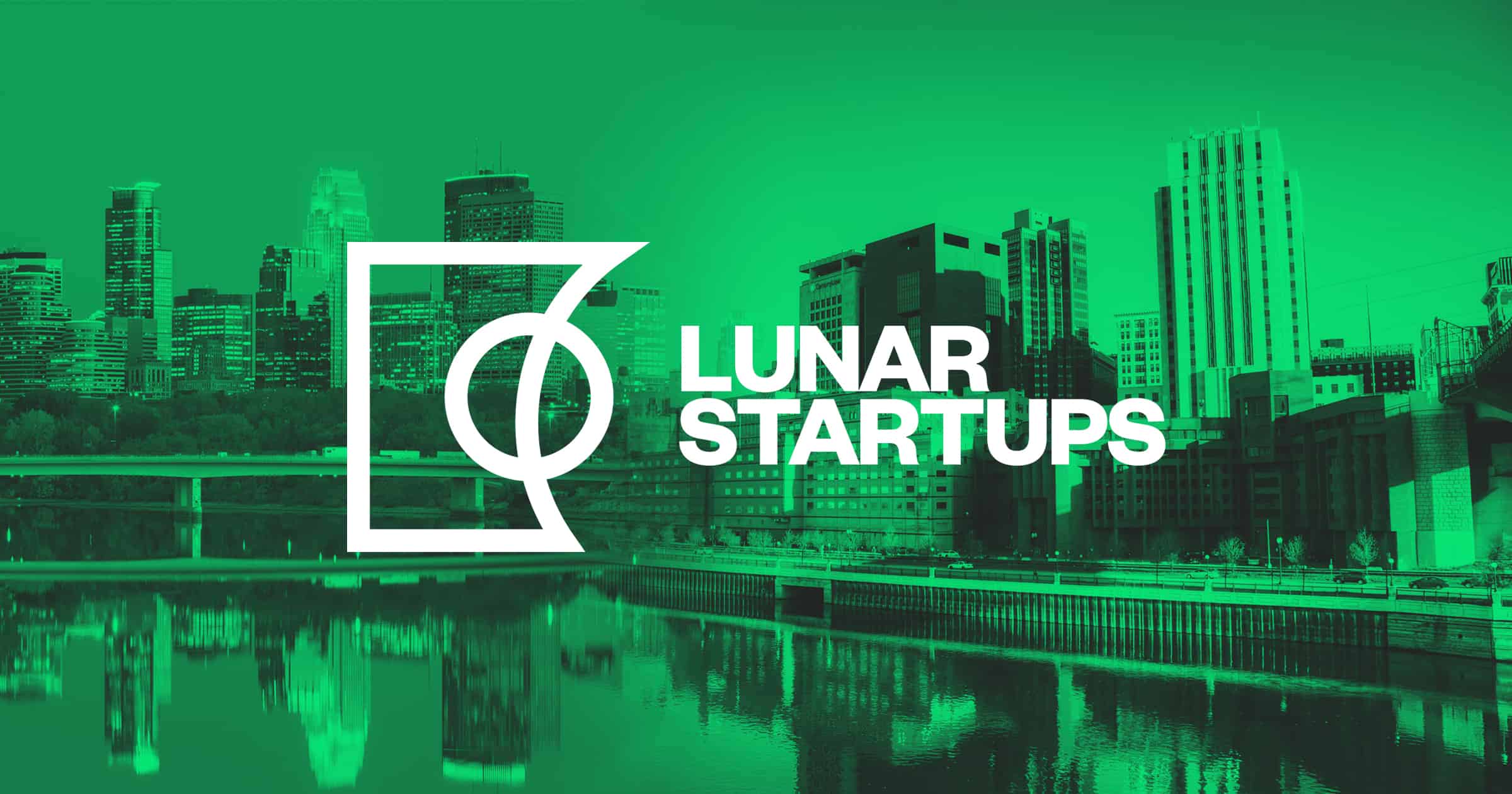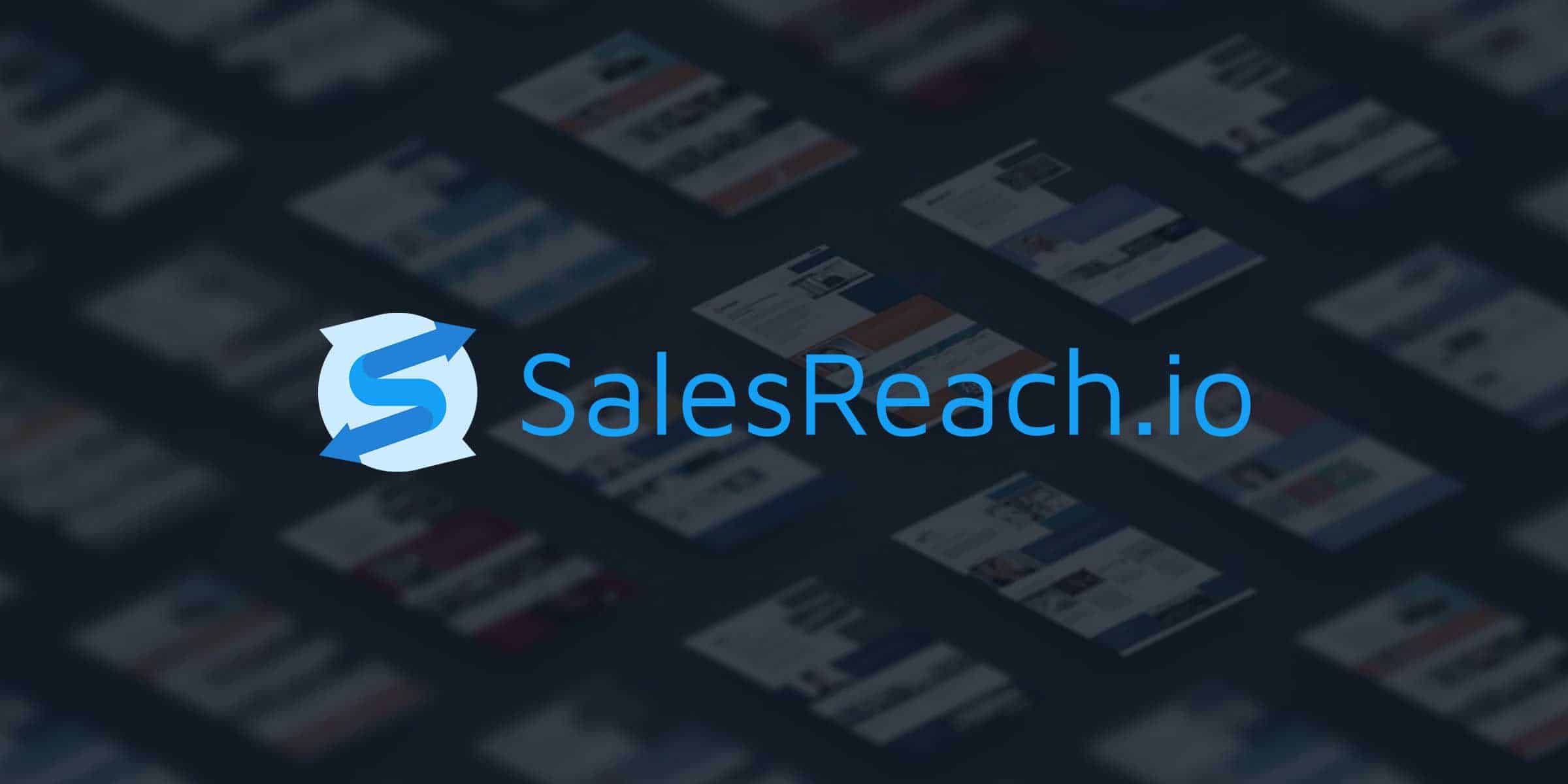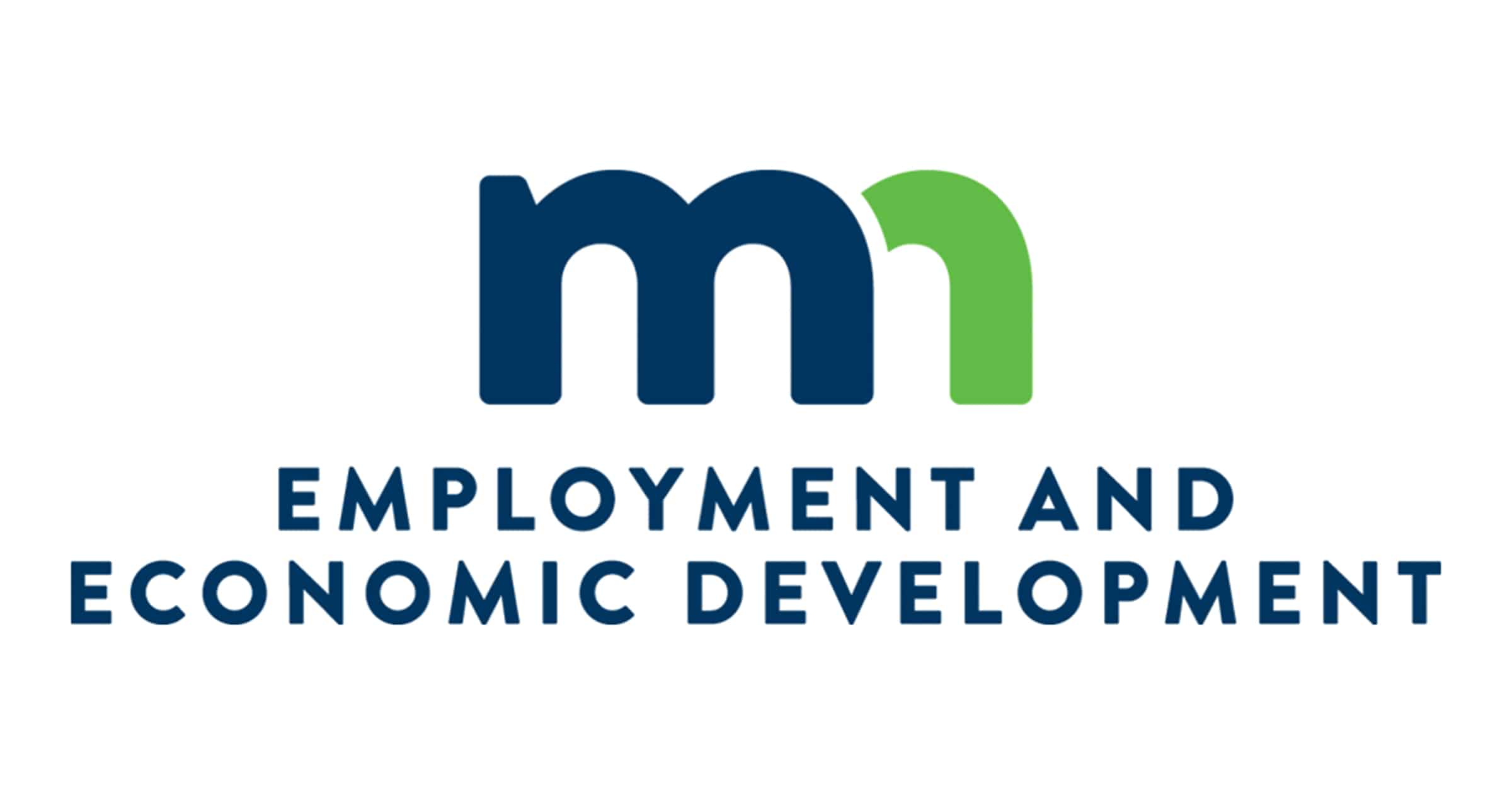 Transforming a humble idea into a thriving business is an ambition shared by countless entrepreneurs. That dream, however, is traditionally much (much) easier to achieve for white, cis-gendered, men. By neglecting the rest of the creative business community here in Minnesota — and anywhere —the ecosystem is deprived of its full potential. Its richness in culture and ideas and prosperity is kept to a narrow band of thoughts and concepts while underestimated entrepreneurs struggle to take basic steps toward success.
Transforming a humble idea into a thriving business is an ambition shared by countless entrepreneurs. That dream, however, is traditionally much (much) easier to achieve for white, cis-gendered, men. By neglecting the rest of the creative business community here in Minnesota — and anywhere —the ecosystem is deprived of its full potential. Its richness in culture and ideas and prosperity is kept to a narrow band of thoughts and concepts while underestimated entrepreneurs struggle to take basic steps toward success.
For that underestimated group, conferences such as ConnectUP! MN (March 13-14) are invaluable resources. The conference from Social Impact Strategies Group (headed by CEO Y. Elaine Rasmussen, who recently spoke at BETA’s State of the State event) is “rooted in culture” and tailored to providing the connections and advantages that might otherwise be out of reach.
It’s also unfortunately sold out.
But! We spoke with Stephannie L. Lewis (Director, Strategic Partnerships) about the goals of the conference, the 2019 State of the Work Report, empowering underrepresented entrepreneurs, and helping people get into the investor mindset.
Here are four points with Stephannie L. Lewis.
{1}
The content of the ConnectUP! MN conference is “rooted in culture” and focused on underestimated entrepreneurs.
Stephannie L. Lewis: A lot of [entrepreneurial] conferences… reflect the dominant culture. So, the content reflects the dominant culture, and it completely ignores the realities of underestimated entrepreneurs. And when we were talking about underestimated, we’re really talking about anyone who identifies other than a cis-gendered, white, urban male.
All of our speakers are either women, women of color, people of color, GLBTQ… and they have a different lens to this work. If you’re talking about investments, it’s like, ‘this is all you need to do in order for you to get your pre-seed funding.’
Well, but that doesn’t take into account that if I’m black and I’m a woman and I’m working in tech, the odds of me just going up and finding folks to invest in my business are minuscule compared to a white male.
All of the content is grounded in culture so we can connect to our audience. And our audience, again, is everyone except cis-gendered, white, urban males. And I’m not saying that there’s no room for them in that conversation. It’s just that when [that demographic] comes to this conference, [they should know] understand and know that the content is going to be reflective of everyone else instead of the dominant culture.
[The content] is not very clinical. It’s not very technical. But it is relevant. It is real. It helps [businesses] grow and scale, but we’re doing it in a way that is relatable. It’s approachable and digestible.
{2}
Being an entrepreneur in the Twin Cities is great… if you happen to be white and male.
SL: We have all these reports coming out saying that the Twin Cities is at the top when you’re talking about the racial wealth gap… the achievement gap… housing, health, home-ownership gaps… you have this quality of life, you have this education, and we have a strong economy…
But for who?
And so the report was birthed out of that because you can’t say, ‘we have a strong ecosystem,’ when you’re not including everybody from the ecosystem. So the State Of The Work Report was really looking at the Twin Cities entrepreneur ecosystem from underestimated entrepreneur’s perspective. While you’re over here, you know, patting yourself on the back and saying, ‘This is the best,’ you have other folks saying, ‘Hey, I’ve been trying to secure investment for the last seven years and I’m not even a startup.’
We’re really poking into the myth that the Twin Cities is the right place to do business for everyone. No, it’s not. It’s a great place if you happen to be white and male. I’m not saying that that’s a bad thing necessarily. It’s just that we’re not including all the other people that make the twin cities great.
{3}
Being an investor doesn’t require a mountain of money.
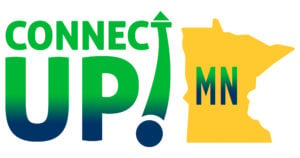 SL: They say, ‘I want to go deeper with my money. I’ve been blessed. I’ve done very well for myself… and I’m looking to do something else.’ So, we want to engage those people who are dentists and who are lawyers. They’re doing well, and they say, ‘Hey, I have $5,000 to make an investment into a small business.’
SL: They say, ‘I want to go deeper with my money. I’ve been blessed. I’ve done very well for myself… and I’m looking to do something else.’ So, we want to engage those people who are dentists and who are lawyers. They’re doing well, and they say, ‘Hey, I have $5,000 to make an investment into a small business.’
That is important too. Matter of fact, it’s just as important, if not more, than getting those $50,000 or $100,000 checks. Because there’s more people like that. The more people getting into that mindset, the more money is going to be pumped [into the ecosystem].
It’s also just getting people to understand that they’re an investor. There’s this whole thing that people think you have to be insanely rich. No, you don’t. I invested in Target this weekend. It was nice and sunny, and I went to Target three times, which I’m embarrassed to admit, but I invested in Target three times this weekend. Everybody is an investor… you don’t have to be Jeff Bezos or Oprah Winfrey in order to invest. $1,000… $500… $100… can make you an investor.
You don’t have to write a check out or $100,000 to say that you’ve invested. You supporting an equity crowd funding campaigns? You’re an investor. Writing out a $500 check to your sibling who’s starting a business? You’re an investor.
Our goal is to help everybody understand that they are an investor. Whether it’s $35 or 35,000.
{4}
Entrepreneurs need to be empowered when meeting with investors. Investors need to stretch into underestimated communities.
SL: We prepare entrepreneurs up to the point where they get to actually meet with investors. ‘You’re going to walk into this room with power. Because in order for [the investors] to make money, they need you; not the other way around.’
And we’re telling investors, ‘Hey, whatever idea of power that you have, we want you to abandon it. You have money, but it doesn’t necessarily translate into power and we don’t want you to come to the table with that mindset. We want you to come with the mindset of building a relationship.’
There are trillions of dollars in opportunities in underestimated communities that are untapped, that are missed, because everybody would rather invest in the things that have already been done with the people that are already doing it… They consider minority and women-owned businesses [risky]. This is huge. This is where money can be made. If you’re already rich, this is an opportunity for you to be richer.
Missed out on the ConnectUP! MN conference? You can still join the ConnectUP! community today. Join the text network at 888-11 to get updates on the full lineup of workshops that will answering important questions about operations, HR, finance, and more (childcare and food will be provided during the sessions).

